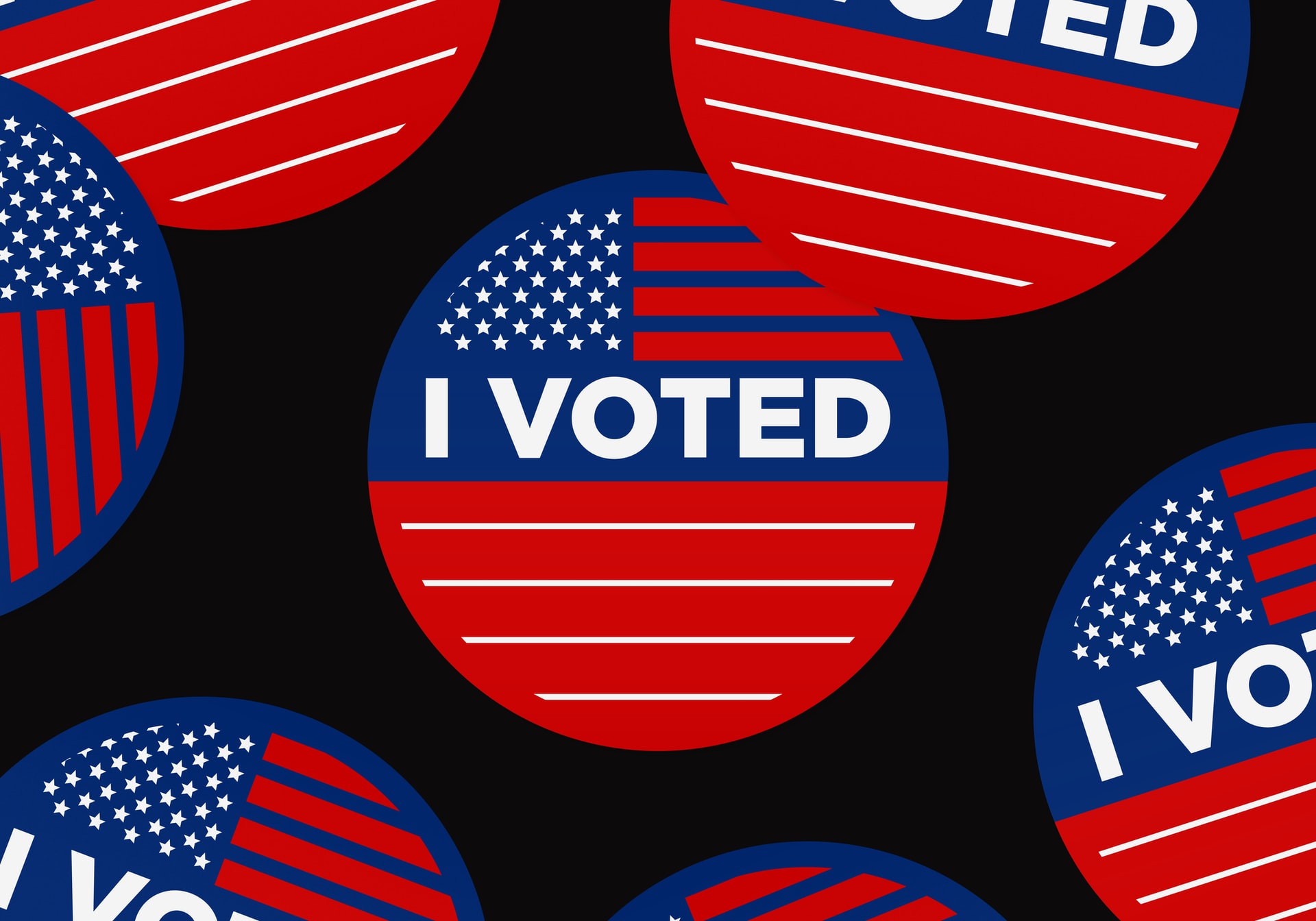Guilty conscience?
For months leading up to the 2020 U.S. Presidential Election, false claims about potential voter fraud have been common on the political right (Lytvynenko & Silverman, 2020a; Zadrozny, 2020a). These claims only seemed to increase once Donald Trump’s early lead on election night started to decrease as mail-in ballots were counted, ultimately leading the election to be called in Biden’s favor several days later (Lytvynenko & Silverman, 2020b; Zadrozny, 2020b). Trump himself was responsible for dozens of false and misleading claims about the prevalence of election fraud in the U.S. and the outcome of the 2020 election in the days preceding this survey (Funke et al., 2020; Kessler & Rizzo, 2020). Examples included false claims that voting machines fraudulently switched votes to Biden, that large numbers of Trump ballots were destroyed, and that Republican election officials were unduly restricted from observing polling stations (leading to malfeasance). Furthermore, although the “news” branch of Fox News followed other mainstream media outlets and called the election for Biden, several of the hosts in the “opinion” branch of Fox News (such as Sean Hannity) parroted Trump’s false election fraud claims (Darcy, 2020) as did news sources further on the right (e.g., Breitbart, Newsmax, One America News Network). As of this writing, no evidence for systemic election fraud has been produced and the various legal challenges have all been rejected by courts (Williams, 2020). Thus, these false claims constitute misinformation – that is, as information that is false, inaccurate, or misleading (Wardle, 2018).

The 2020 U.S. Presidential Election saw an unprecedented number of false claims alleging election fraud and arguing that Donald Trump was the actual winner of the election. Here we report a survey exploring belief in these false claims that was conducted three days after Biden was declared the...
misinforeview.hks.harvard.edu
